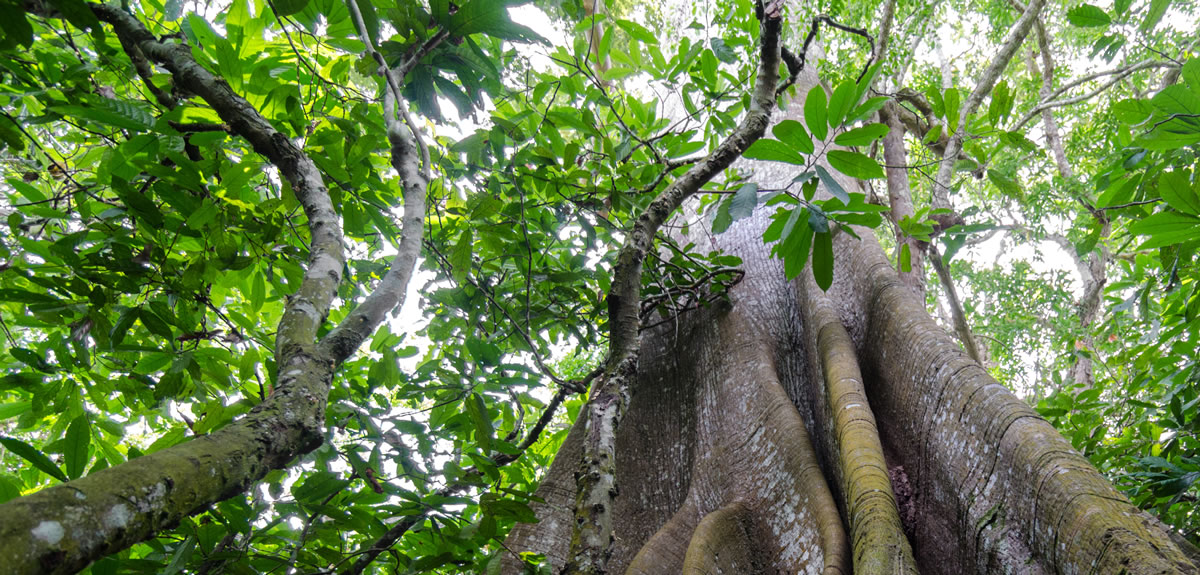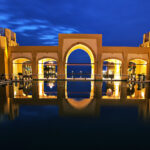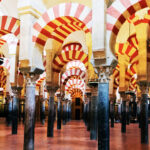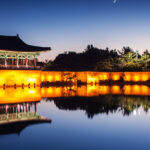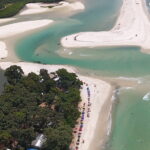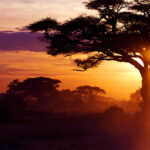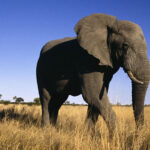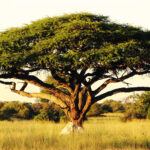Teaching in Cameroon
Options for teaching in Cameroon
English teaching jobs in Cameroon are largely volunteer. Underfunded schools have many eager, motivated students hoping to learn English, and teachers are warmly welcomed.
Licensed teachers have the opportunity to teach in international schools, which may follow the American, British, or French curricula. In order to teach in Cameroon’s international schools, applicants must hold a government-issued teaching license and have undergone a teaching practicum or student teaching; however, previous full-time experience is not always necessary.

Salary and benefits when teaching in Cameroon
Many teaching jobs in Cameroon are unpaid volunteer positions, although volunteer programs may offer a stipend or housing. Licensed teaching jobs in international schools will usually pay a small but livable salary.
Teach in Cameroon – Hiring
The school year in Cameroon lasts from September to June, so new jobs will usually be posted around June or July. Jobs for English teachers have more flexible start dates year-round, although the busiest hiring period is also June and July.
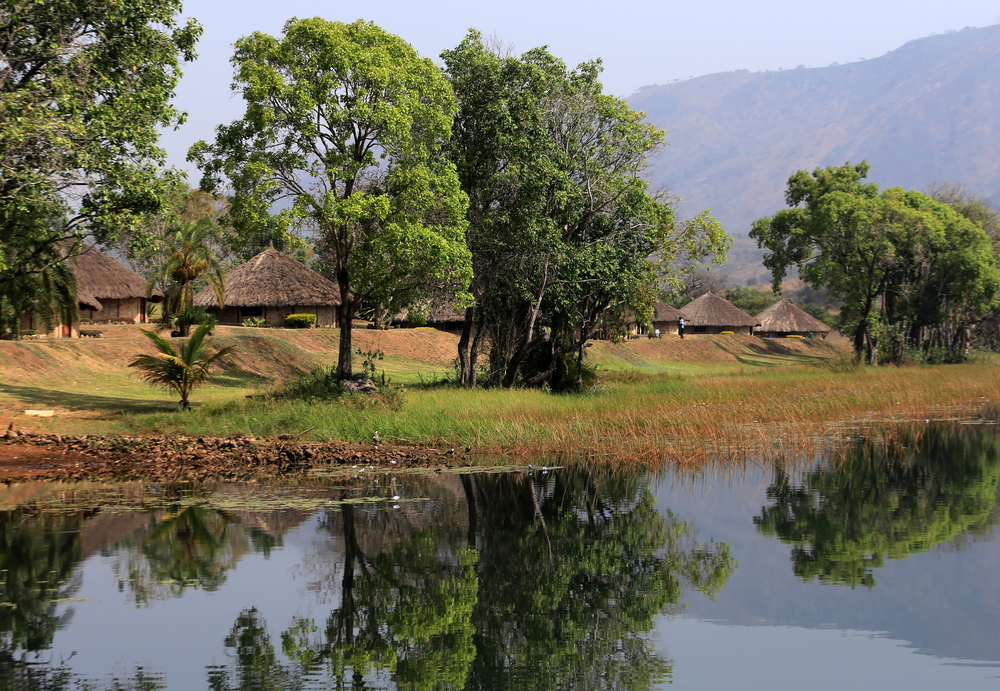
What you need to teach in Cameroon
Qualifications to teach in Cameroon
Teaching English in Cameroon does not always require a TEFL certificate, although it is preferred, especially for paid teaching jobs. In order to teach in international schools, candidates will need a university degree and a valid teaching license.
Visas for teachers in Cameroon
In order to work legally in Cameroon, teachers will need to apply for a work permit through the Minister for Labour and Social Security. Teachers will need to have a signed employment agreement before applying. Schools will usually provide assistance with the visa application process.

Living in Cameroon
Housing in Cameroon
Most teachers will live in the cities of Douala or Yaounde, Cameroon’s largest cities, where they are usually able to find one-bedroom apartments for less than the equivalent of $500 USD. When volunteering in Cameroon, teachers will often have housing provided, usually with other volunteers.
Things to do in Cameroon
In Cameroon, sandy beaches give way to dense rainforests, active volcanoes, and miles of savannah. Visitors to Cameroon are treated to “Africa in miniature,” as it is often called due to its varied geography and wildlife. The country is home to gorillas, monkeys, rhinoceros, elephants, and cheetahs – not to mention the humpback whales and manatees living in the Cameroonian waters.
Living in town means experiencing the sensory overload of rhythmic music, bright colors, and wafts of roasting food. Cameroonians are known for being friendly and hospitable; enjoy a day seeing friends, and relax at night with fresh fish and a cool beer.
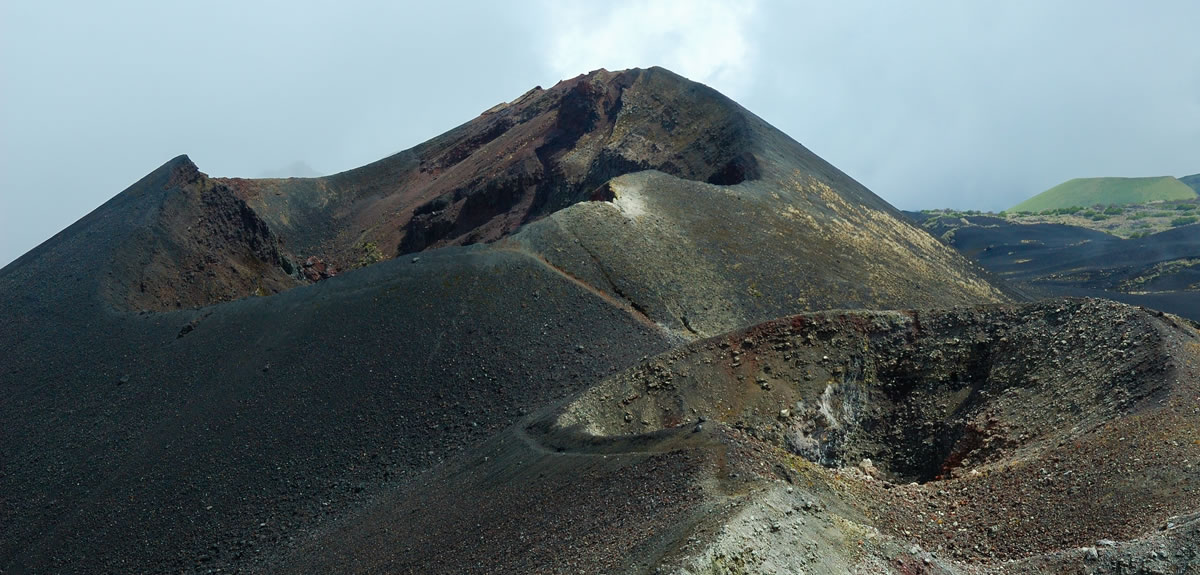
TEFL Certification for Private School Teachers
TEFL Certification for Private School Teachers
Teach in Cameroon
Register for a teacher account to apply for teaching jobs in Cameroon
Cameroon at a glance
Country information
Capital: Yaounde, Cameroon
Language: French, English
Population: 22.5 million
Currency: Central African CFA Franc (XAF)
Government: Presidential republic
Quick facts
Mount Cameroon, an active volcano, is the tallest mountain in West Africa.
Cameroon shares borders with six different countries.
230 different languages are spoken in Cameroon apart from the official languages of French and English.
Every species of tropical flora and fauna found in Africa can be found in Cameroon.
Cameroon became the first African country to make it to the quarter-final of the FIFA World Cup in 1990.
Cameroon is known for producing coffee, cocoa, cotton, bananas and oilseeds.
The biggest frogs in the world come from Cameroon and can grow up to 33 centimeters long not including their legs and are called the Goliath Frog!
